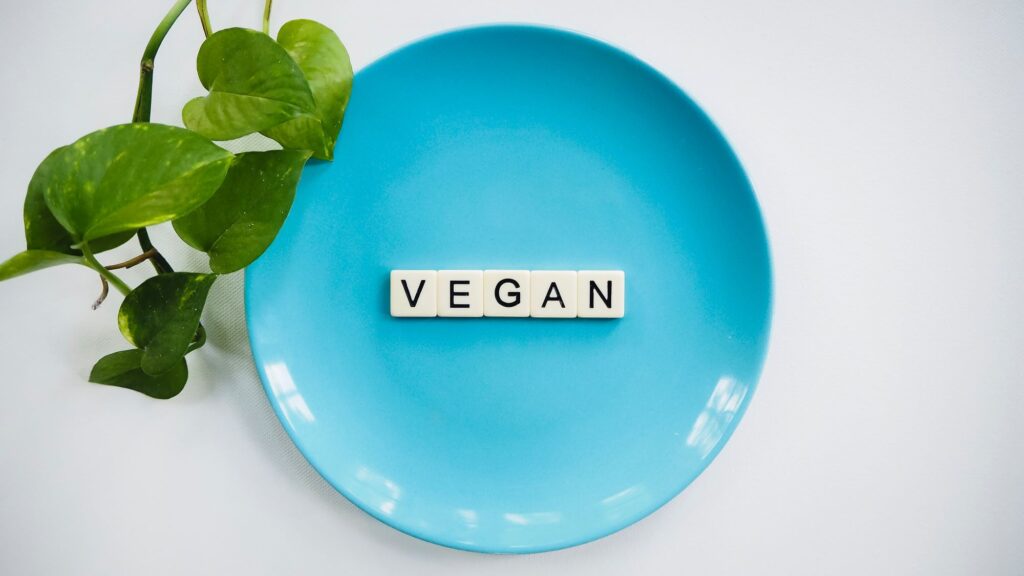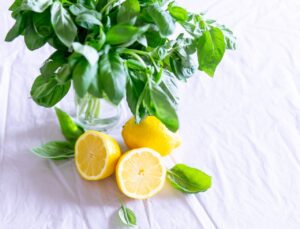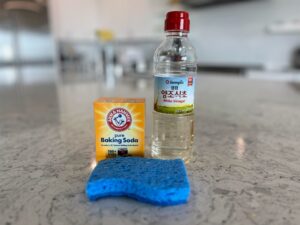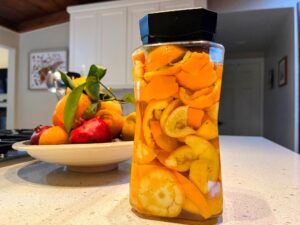Many people think that following a vegan diet automatically means eating healthy, but that’s not always the case. While cutting out animal products can be good for your health, it’s still important to make smart food choices to maintain a healthy vegan diet. Just because something is labeled vegan doesn’t mean it’s nutritious.
In this post, we’ll explore why a healthy vegan diet isn’t guaranteed by simply going vegan and how you can choose better options to stay balanced and nourished.
Unhealthy Vegan Options
When you first think about a vegan diet, you might imagine lots of fresh fruits, vegetables, and whole grains. And yes, those are all great choices! However, many people fall into the trap of eating too many processed vegan foods.
These foods, such as vegan cookies, chips, and frozen meals, may not contain any animal products. However, they often have high amounts of sugar, unhealthy fats, and added chemicals.
Additionally, some vegans may not get enough important nutrients like protein, iron, calcium, and vitamin B12. These are essential for keeping your body strong and healthy. Without the right balance, a vegan diet can lead to tiredness, weakened bones, or other health problems.
Eating a Healthy Vegan Diet
To maintain a healthy vegan diet, the key is to focus on whole, minimally processed foods. Therefore, choosing the right foods is important for staying nourished and energized.
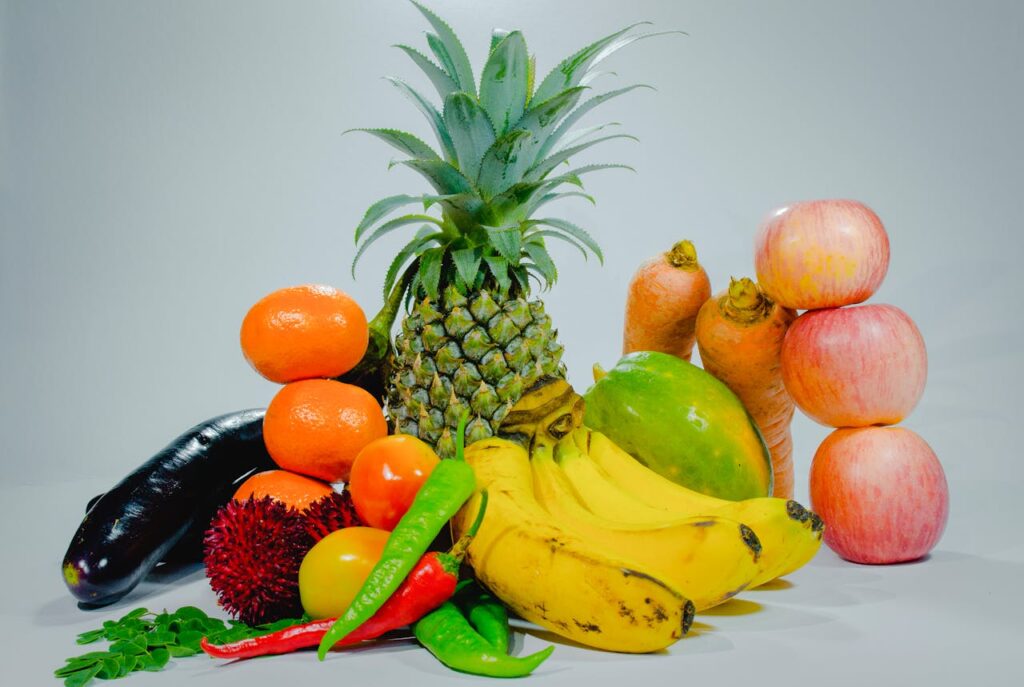
1. Fill Your Plate with Fresh Fruits and Vegetables
Fruits and vegetables are full of important vitamins, minerals, and fiber that help keep your body healthy and energized. To get the most benefits, try adding leafy greens like spinach, kale, and Swiss chard to your meals.
In addition, don’t forget about fruits like berries, apples, oranges, and bananas, which are great choices for staying strong and refreshed. Instead of reaching for packaged snacks, opt for fresh fruits, vegetables, or homemade treats to nourish your body.
2. Include Healthy Grains
Grains like brown rice, quinoa, and oats are not only excellent sources of energy, but they are also packed with fiber. This helps keep you full and supports good digestion. These grains are also versatile and can easily be added to different meals.
For example, you can use brown rice or quinoa in stir-fries for a filling dinner or toss them into salads for extra nutrition. Oats are perfect for making oatmeal, which is a great option for a healthy vegan diet.
3. Include Plant-Based Protein
Protein is very important for keeping your muscles healthy, and there are many great vegan options to get enough protein. For example, you can include foods like beans and lentils, which are both tasty and filling.
Tofu and tempeh are also excellent choices, offering a lot of protein while being versatile in different dishes. Additionally, chickpeas and peas are great for adding to salads, soups, or even as snacks.
4. Add Healthy Fats
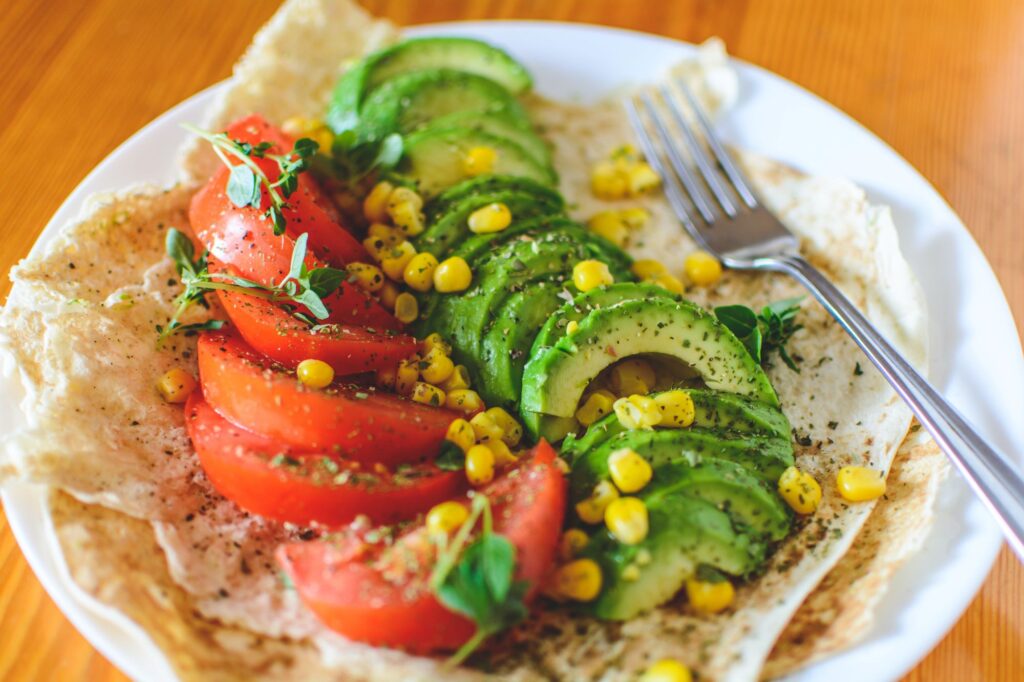
Healthy fats are important for maintaining a healthy vegan diet by keeping your heart strong and providing your body with energy. You can find these good fats in foods like avocados, nuts, seeds, and olive oil.
Additionally, adding these to your diet is easy. Try tossing avocados or nuts into your salads, blending seeds into your smoothies, or using olive oil in your cooking.
5. Watch Out for Added Sugars and Fats
Many processed vegan foods contain hidden sugars and unhealthy fats just like any other processed foods, which can negatively impact your health. Therefore, check the labels on packaged foods for added sugars and oils and try to choose products with fewer ingredients. Additionally, it’s always better to prepare meals at home, so you have control over what goes into your food.
6. Don’t Rely on Vegan Junk Food
Even though vegan junk food is plant-based, it can still be unhealthy if eaten too often. Instead of relying on vegan burgers, fries, or desserts, focus on making nutrient-rich meals with fresh ingredients. Save vegan treats for special occasions, and make your everyday diet full of wholesome, healthy choices.
Maintaining a Healthy Vegan Diet
Eating a healthy vegan diet is all about making thoughtful choices. Just because a food is vegan doesn’t always mean it’s good for you. By focusing on whole, plant-based foods and avoiding processed options, you can get the nutrients your body needs to stay strong and energized.
Remember to include a variety of fruits, vegetables, grains, and healthy fats in your meals. With these smart eating habits, you can enjoy the benefits of a balanced and healthy vegan lifestyle.
Check out my article on the difference between veganism and a plant-based diet to learn how these two approaches differ and find out which one fits your lifestyle best!

